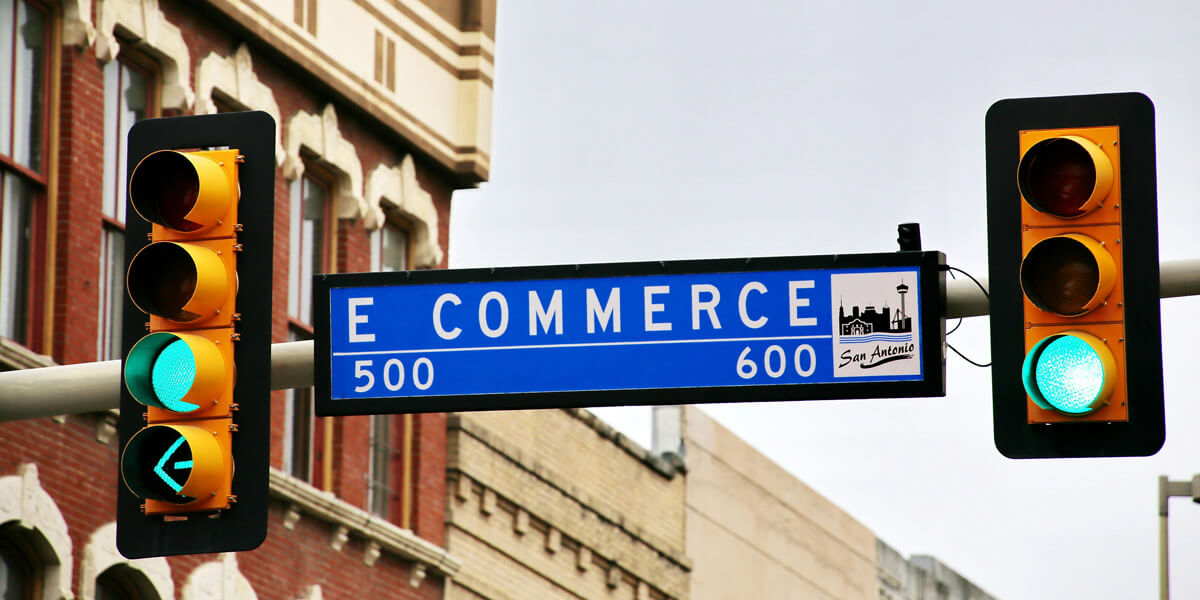All of the pages on your website serve a purpose, but not all of them are for SEO reasons or even to drive traffic to your site. Some pages are there because they are required to be or because they support the user experience. You don’t want Google to crawl these pages because they don’t need to be included in the search results. To manage these pages, you can use noindex or nofollow tags.
Let’s learn more about what it means to noindex or nofollow a page and what pages you should use these tags for.
What is Noindex or Nofollow?
Noindex and nofollow are settings that you can add to your robots meta tag. When the values are set to index or follow, it tells Google that the page can be indexed and all links on that page can be followed by the search engines. By default, web pages are set to index.
On the other hand, if you don’t want Google to index a page, you can set the value to noindex or nofollow. This tells Google not to index the page or follow any of the links.
What Pages Should You Noindex?
The types of pages that you will probably want to noindex are:
- Thank you pages. Thank you pages have no other purpose than to thank a customer. These pages usually contain thin content that wouldn’t provide any value to an ordinary person. Save them for your loyal customers – but don’t include them in the search engines!
- Admin and login pages. Keep all admin and login pages out of the index. The only time they are necessary is if you serve a community and people are likely to search for your login page. Otherwise, you don’t need to have these pages indexed.
- Author pages. If you have author pages that introduce your blog writers, you may want to leave these out of the index, too. These pages often contain duplicate content that can be found on other parts of your site.
What Links Should You Nofollow?
As for links, this is pretty straightforward. Google gives us three reasons to nofollow links:
- Untrusted content. If you can’t vouch for the content on the pages that you link from, you can nofollow them. This will weed out spam user comments and guestbook entries.
- Paid links. To prevent paid links from influencing the search results and negatively impacting users, Google asks that webmasters use nofollow on them.
- Crawl prioritization. The search engines can’t sign in as a member of your forum, so Google wants webmasters to use nofollow so other pages can be crawled and indexed instead.
Bottom line: If you don’t want a page to appear in the search results, use noindex. If you don’t want Google to index the links on your content, use nofollow. Otherwise, pages are set to index and follow by default and will be included in the search results. If you’re not sure if your pages are set up correctly, contact Magna Technology for a consultation.




